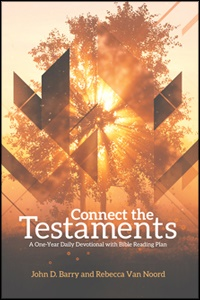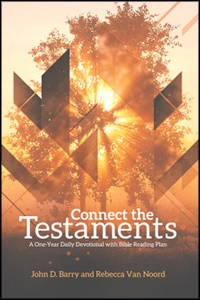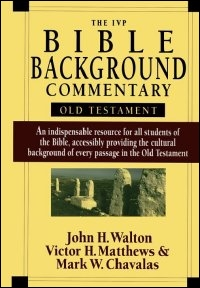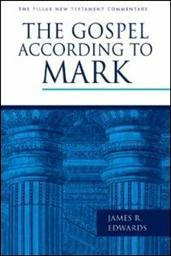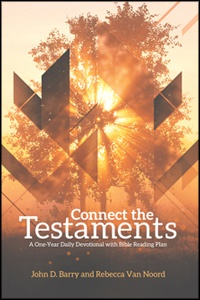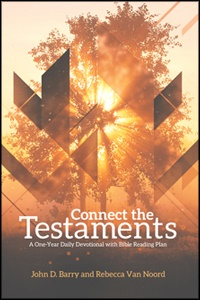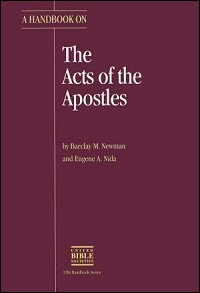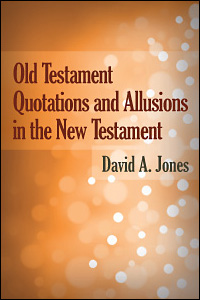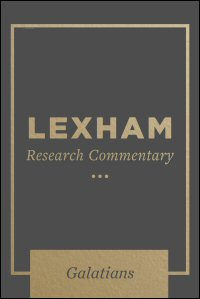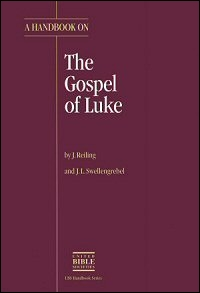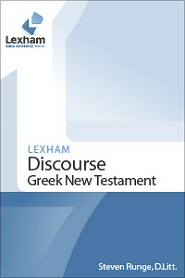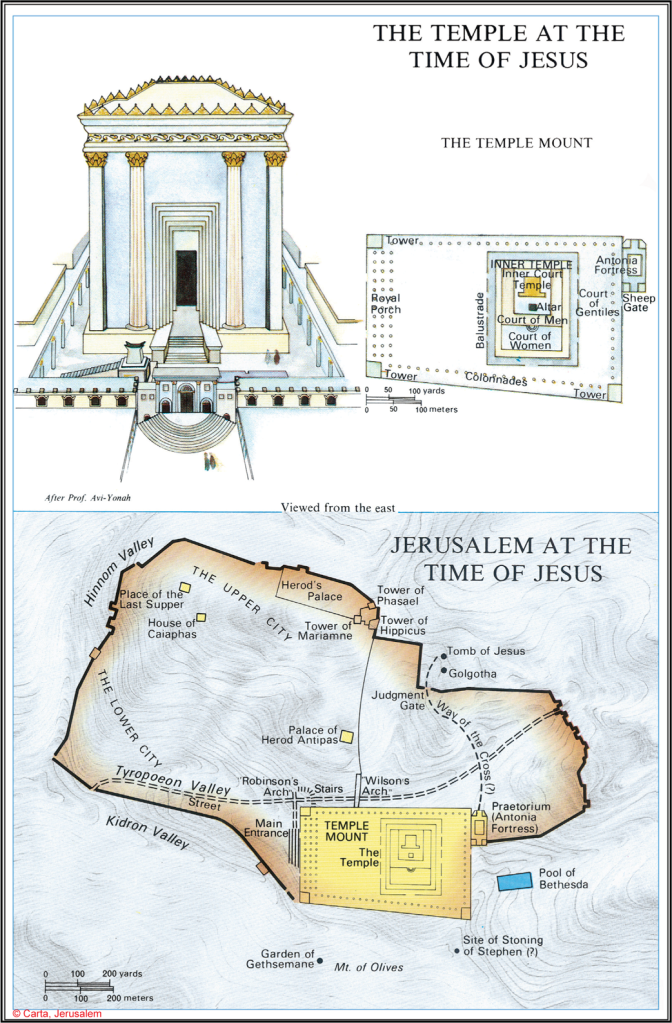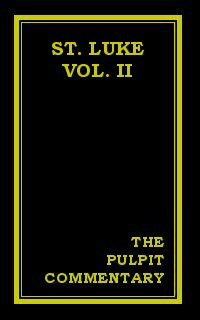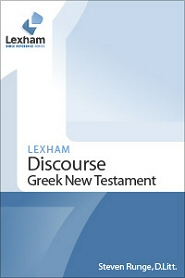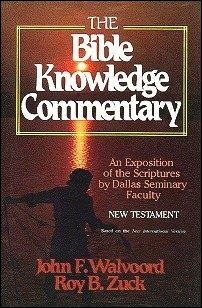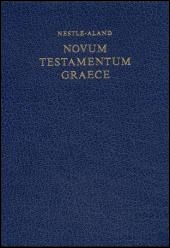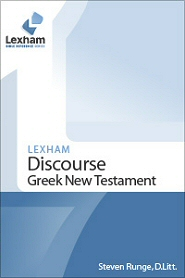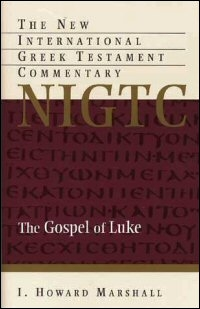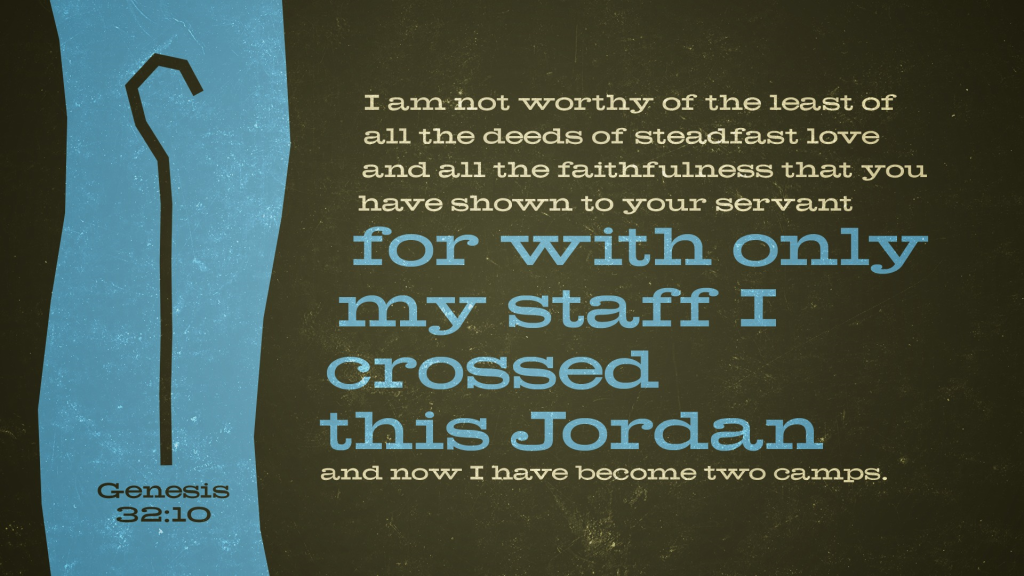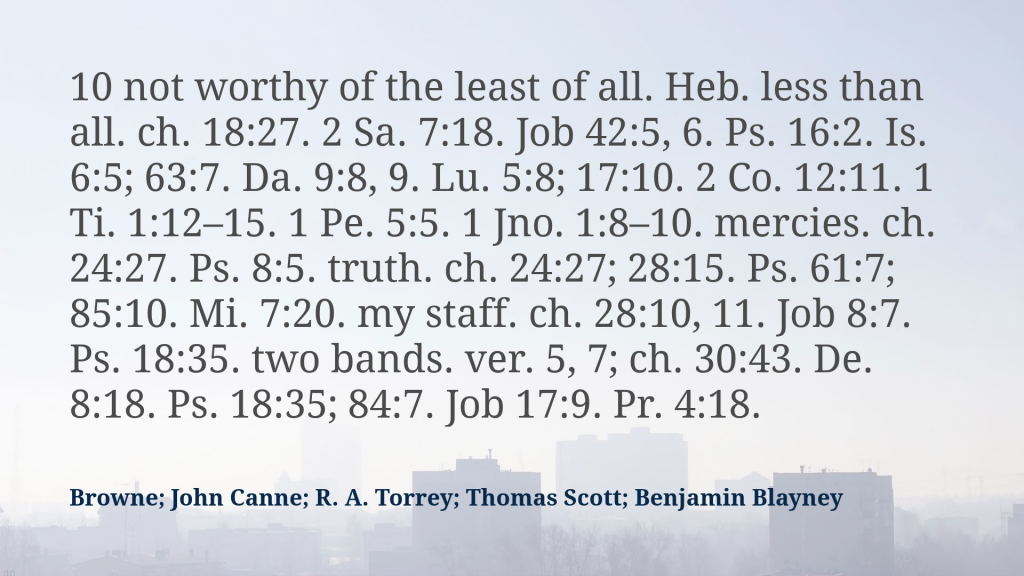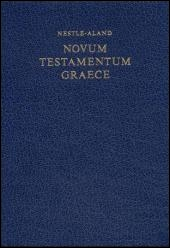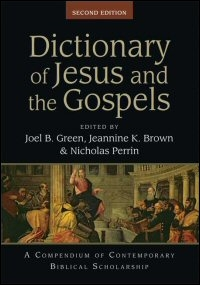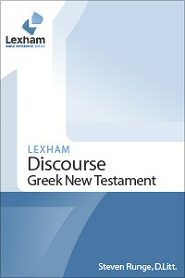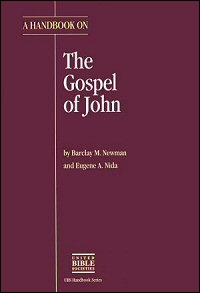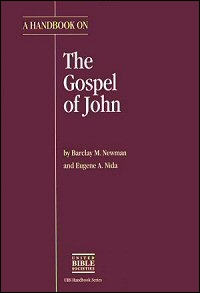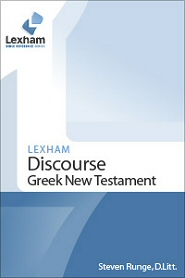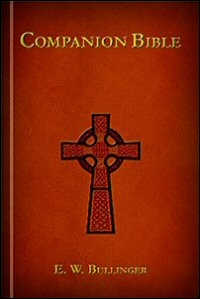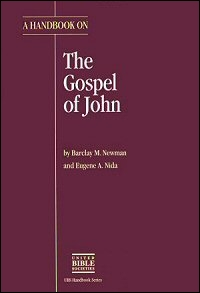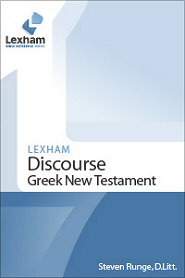The New Testament writers used a variety of literary and grammatical devices to help guide the reader. Some of these devices were intended to attract attention to important information, while others served to push less-important information into the background. Some were used simply to grab your attention, alerting you that something important or surprising was about to happen.
11 Now the apostles and the brothers who were throughout Judea heard that the Gentiles also had received the word of God.
2 So when Peter went up to Jerusalem, the circumcision party criticized him, saying,
3 “You went to uncircumcised men and ate with them.”
4 But Peter began and explained it to them in order:
5 “I was in the city of Joppa praying, and in a trance, I saw a vision, something like a great sheet descending, being let down from heaven by its four corners,
Runge, S. E. (2008–2014). The Lexham High Definition New Testament: ESV Edition (Ac 11:4–5). Lexham Press.
Faithlife Study Bible (FSB) is your guide to the ancient world of the Old and New Testaments, with study notes and articles that draw from a wide range of academic research. FSB helps you learn how to think about interpretation methods and issues so that you can gain a deeper understanding of the text.
11:1–18 While much of this narrative mirrors Acts 10, it focuses on God’s intervention on behalf of the Gentiles (non-Jewish people), showing that Peter has not just accepted the Gentiles as Christians but has become their advocate.
11:2 those of the circumcision Likely refers to those in the Christian community who wanted to require Gentiles to first become Jews—including requiring the men to be circumcised—in order to be considered true Christians (compare Gal 2:3 and note).
2:3 But not even Titus Since Titus was Greek, he would not have been circumcised. His presence at this meeting supports Paul’s claim that he fully disclosed his gospel message to the apostles (v. 2). The question about whether non-Jewish believers needed to be circumcised (for salvation or acceptance into the Christian community) already had been resolved; hence, the apostles would not have compelled Titus to be circumcised.
Barry, J. D., Mangum, D., Brown, D. R., Heiser, M. S., Custis, M., Ritzema, E., Whitehead, M. M., Grigoni, M. R., & Bomar, D. (2012, 2016). Faithlife Study Bible (Ga 2:3). Lexham Press.
This set of detailed commentaries provides valuable exegetical, historical, cultural, and linguistic information on the original text. Over the years this series has been instrumental in shedding light on the Scriptures so that translators all over the world could complete the important task of putting God’s Word into the many languages spoken in the world today.
PETER’S REPORT TO THE CHURCH AT JERUSALEM ACT 11:1–18
This first portion (vv. 1–4) is essentially introductory to the second (vv. 5–18), which should be regarded as included structurally within this first unit since it is simply an expansion of the statement in verse 4 about the full account of what had happened.
As in so many other contexts, brothers may need to be translated as “believers.”
The Gentiles must not be understood as inclusive or definitive. This is only “some Gentiles.”
In this type of context received the word of God is to be understood as “believed the word of God”; and, as in other contexts of this type, word of God refers to the “word that is from God.”
The use of the expression went up in referring to going to Jerusalem (and, conversely, “going down” when going away from Jerusalem) reflects, of course, the geographical position of Jerusalem which was higher than most of the surrounding area. In translating such expressions as “going up” and “going down” it is not wise to use terms which suggest that Jerusalem is on top of some very high mountain, only that it is at the top of a ridge of hills. In many languages, however, the most natural and accurate equivalent is simply “went to.”
Those who were in favor of circumcising Gentiles translates “those of circumcision,” a phrase which is taken by many as a reference to Jewish Christians (see Barclay “Jewish Christians”), while other translations understand in to refer solely to “the Jews” (so JB). Most translations are ambiguous and do not indicate specifically whether Jewish Christians or Jews are meant (see Moffatt, RSV, Phps “the circumcision party,” and Goodspeed “the advocates of circumcision”). The total context, however, and the evident concern of Peter to justify what he had done, would seem to point to the fact that those who were criticizing Peter constituted a group of Christians who still held to a belief in the necessity of circumcision.
Criticized, reflecting in Greek a verb which is sometimes used as a legal technical term meaning “to enter into legal controversy (with someone)” (see Septuagint of Ezekiel 20:35), is represented by Barclay as “questioned his action” and by NEB as “raised the question with him.” It is obvious that in the present context it does not have the force of a technical legal term.
This verse, rendered as a statement in the TEV, appears as a question in some translations (see JB and RSV). The basic issue is that of fellowship between the Jewish and Gentile Christians. From the strictly Jewish point of view it was bad enough for Peter to go and preach the message to the Gentiles, but even worse for him to be willing to eat with them. Peter, however, uses this incident as an argument against requiring Gentiles to be circumcised (see 15:7 ff.).
Peter gave them a full account means that Peter told them “point by point” what had happened (see JB “gave them the details point by point”). A full account of what had happened may be equivalent to “everything that had happened.”
From the very beginning may need to be somewhat more specific in some languages, for example, “he began talking about what had happened first” or “he started with the very first thing that happened.”
This speech by Peter, which constitutes his defense for what he did in Caesarea, is essentially a repetition on the earlier account, designed, more over, to emphasize the importance of the event. It contains some details which are not included in the previous account, and of course omits certain items since it obviously is a shortened form of the total discourse. Most of the exegetical and translational problems have already been dealt with in the previous chapter.
On this verse see 10:9–11. From heaven is not explicitly mentioned in the earlier account, though it is implied by the statement that heaven opened (10:11). In many languages a distinction must be made between “sky” and the spiritual world or abode of God. In this context both seem to be involved, though in view of the details of the vision most translators employ “sky” if a choice must be made.
The equivalent of the verb stopped must not suggest something which would normally move horizontally and possibly under its own power, but only that the large sheet which was being lowered from heaven “stopped being lowered,” “was no longer lowered,” or “ceased being lowered.” The Greek text reads “came near to me.”
Newman, B. M., & Nida, E. A. (1972). A handbook on the Acts of the Apostles (pp. 221–222). United Bible Societies.


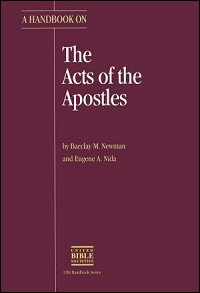

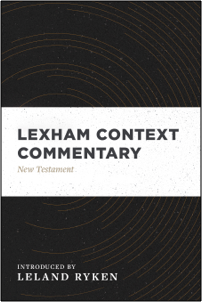

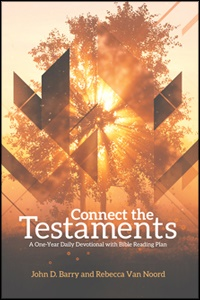
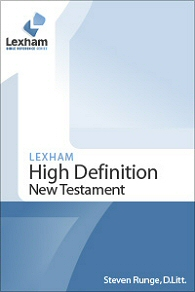




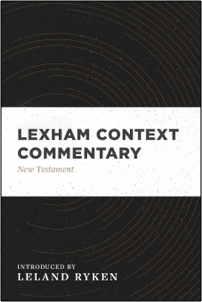
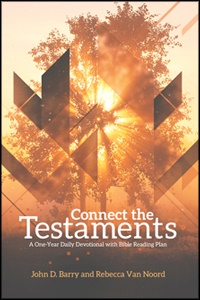


 of God symbolizes His power: Pharaoh’s magicians attributed the third plague to the finger of God (
of God symbolizes His power: Pharaoh’s magicians attributed the third plague to the finger of God (










